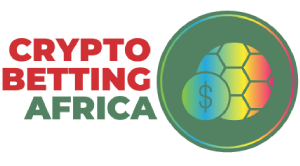Dive into this insightful exploration of a groundbreaking shift in literature. Learn how NFTs are reshaping the publishing industry, revolutionizing copyright management, and writing a new chapter for the literary world. Join us as we delve into the 2023 Literary Revolution.
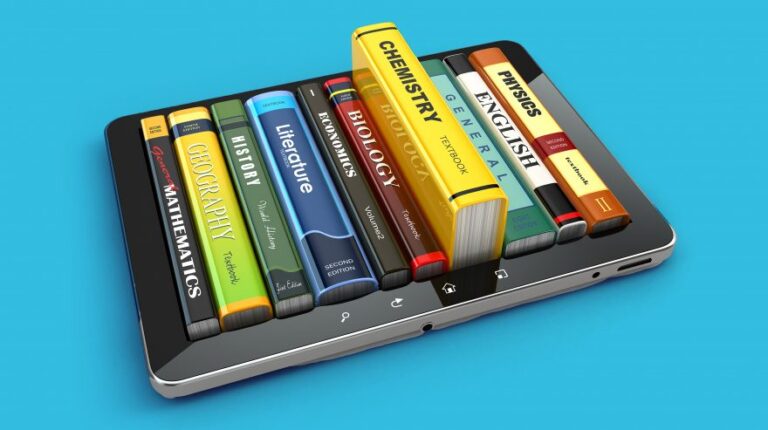
Non-fungible tokens, popularly known as NFTs, have sparked a profound transformation across a spectrum of industries, and the literary world is no exception. To understand the impact of NFTs on literature, we must first understand what NFTs are and how they work in the world of digital assets.
A Non-Fungible Token (NFT) is a unique, non-interchangeable unit of data stored on a digital ledger, more specifically, a blockchain. These tokens can be associated with anything unique and carry the specifics of the item they are linked to. This distinctiveness ensures the scarcity and exclusivity of NFTs, making them attractive options for collectors or investors. They serve as proof of authenticity and ownership in the virtual space, just as a deed does in the real world. If you’re interested in further diving into the world of NFTs, our exploration of top NFT marketplaces Exploring the Top NFT Marketplaces would provide insightful details.
With the rise of NFTs, the literary landscape is undergoing a significant shift. Authors and publishers now have the opportunity to tokenize their works as NFTs, thereby ensuring unique ownership, augmenting financial gain, and fostering direct fan engagement. This radical evolution traces its roots back to the intrinsic characteristics of NFTs- uniqueness, provable ownership, and the ability to carry complex, custom information.
By tokenizing their works, authors can gain more control over their intellectual property. They can directly sell these tokens to readers, bypassing traditional publication, distribution, and royalty frameworks. Imagine owning a personalized edition of a novel with a unique cover, an exclusive message from the author, or even your name as a character in the book. Author’s handwritten notes, deleted chapters, or early drafts can also be integrated into these tokens, bringing a new level of interaction between the authors and the readers.
Moreover, the blockchain technology underpinning NFTs ensures transparent and tamper-proof record-keeping, meaning that a token’s provenance (i.e., its origin and ownership history) is easy to trace. This feature helps prevent piracy, one of the major concerns in the literary world.
As you can see, the world of literature is only starting to navigate this exciting NFT realm. If you’re curious about how NFTs are revolutionizing literature, our piece on the same subject, How NFTs are Revolutionizing Literature, would offer a more comprehensive understanding.
As the intersection of literature and technology continues to evolve, one of the most exciting prospects is the use of Non-Fungible Tokens (NFTs) in the literary world. The digital nature of NFTs opens up a world of possibilities and benefits for authors and publishers alike.
One of the significant advantages of combining NFTs with literature is that it offers authors more control over their creative output. Traditionally, when an author publishes a book or a piece of writing, they often cede some degree of control to publishers, retailers, and other intermediaries. However, with NFTs, authors can tokenize their work and maintain ownership rights.
This means they can control the distribution of their work, decide who can access it, and define the terms of its africage. This heightened control can potentially lead to a more democratic literary landscape where authors have a greater say in how their work is utilized and monetized.
Another benefit of NFTs is the ability to create a new revenue stream for authors and publishers. Traditionally, authors earn money from the sale of their books or through licensing agreements. However, NFTs open up new ways for authors to monetize their creativity.
For example, authors can sell NFTs of their work directly to readers, bypassing traditional retail channels and keeping a larger portion of the proceeds. These NFTs can include special editions of their work, annotated copies, early drafts, or other unique versions not available elsewhere. This not only offers authors a new way to monetize their work but also gives readers access to unique literary content.
Furthermore, NFTs can also include smart contracts, which can stipulate that authors get a percentage of any future sales of the NFT. This means authors could potentially profit if their work increases in value over time. The possibilities are vast and intriguing, offering new opportunities and revenue streams for those in the literary field. For more insights into these possibilities, consider exploring our article “NFTs: New Opportunities and Revenue Streams”.
By embracing NFTs, the literary world stands to gain significantly. It offers authors and publishers alike a chance to retain more control over their work and to explore new and exciting ways of monetizing their creativity. As technology continues to advance, it will be interesting to see how NFTs further shape the literary landscape.
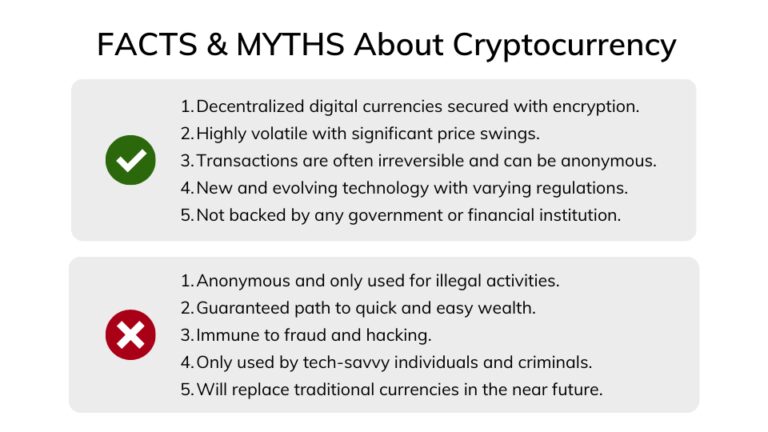
The world of literature is exploring new dimensions with the inception of Non-Fungible Tokens (NFTs). Turning a physical piece of literary work into a unique digital asset might seem like a daunting task, but the process is much simpler than one may imagine. This section focuses on demystifying the steps to create an NFT of a literary work and introducing some platforms like Bitsler and MyStake that are instrumental in the tokenization process.
Tokenizing a literary work involves turning it into a unique digital token. The main steps are:
One crucial aspect of this process is the consideration of copyrights. It’s vital to ensure that the work being tokenized either belongs to the person creating the NFT or that the appropriate permissions have been secured.
Several platforms facilitate the NFT creation process. Bitsler and MyStake are two such platforms that have emerged as reliable resources in NFT minting.
Bitsler offers a straightforward process to create an NFT. With a user-friendly interface, Bitsler guides users through the tokenization process step by step. On the other hand, MyStake offers an approach tailored to tokenizing literature. With its focus on literature NFTs, MyStake helps authors and publishers harness the potential of this technology.
Both these platforms streamline the NFT creation process, thereby making it accessible for all. They also offer a secure platform to sell these tokens, providing an enriching experience for both the creators and the buyers.
For a detailed insight on the NFT minting process, you can head over to our page Understanding the NFT Minting Process. This comprehensive guide will provide you with a deeper understanding of how the tokenization process works, preparing you to jump into the world of NFTs with confidence.
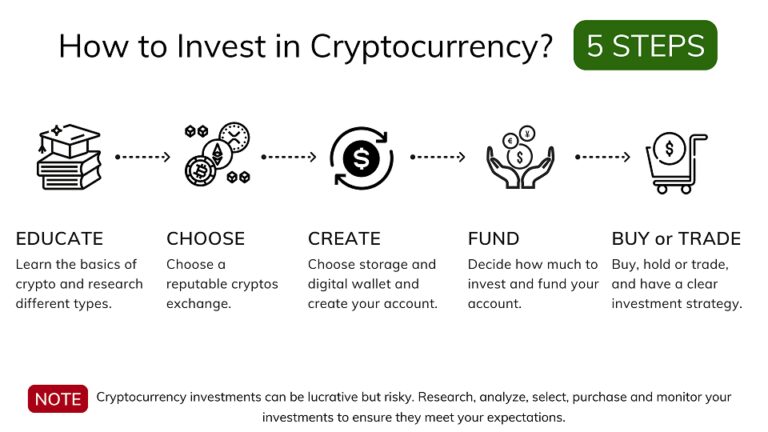
In this section, we dive into the world of successful implementations of NFTs in literature. Through a range of case studies, we gain insight into how authors and publishers across the globe have successfully leveraged the power of NFTs to redefine their creative spaces.
In recent years, several authors and publishers have crisscrossed paths with NFTs, leading to a range of successful stories. For instance, Marguerite deCourcelle, a prominent artist also known as Coin Artist, sold an NFT-based artwork for about 1 million dollars. The artwork, named “Torched H34R7S,” is a digital painting that includes a puzzle leading to a Bitcoin prize. The solution to the puzzle is published as a physical book, with the NFT representing a digital twin. This innovative approach has skyrocketed her fame and wealth.
Another author trailblazing the NFT route is fantasy writer Neil Gaiman. He minted an NFT of a rare handwritten speech that he delivered in 2012, ‘Make Good Art.’ The NFT was auctioned off for about $50,000, spotlighting the financial potential of NFTs in the literary domain. This also ensures that the author retains control over their work, a novelty in the traditionally restrictive publishing industry.
As the intersection between NFTs and literature continues to flourish, platforms like Sportsbet.io and 20Bet have stepped in to support this growing trend. These platforms have made significant strides to facilitate the creation, auction, and sale of literary NFTs, proving instrumental in the process.
Sportsbet.io, a renowned betting platform, has carved a niche for itself as an advocate of NFTs in the literary world. By introducing the concept of NFT-based predictions, the platform has added a new layer of engagement for its users, simultaneously breathing novelty into the ways literary content can be monetized.
Similarly, 20Bet, a leading online casino, has also stepped outside of its conventional role, breaking into the NFT space. It has provided authors and publishers with the tools to tokenize their work, extending its platform to various forms of literary content. This has not only diversified the content available on the platform but also opened up a new realm of possibilities for authors and publishers.
Both these platforms exemplify how non-traditional players in the literary landscape are championing the adoption of NFTs, carving new paths for authors and publishers to explore and prosper.
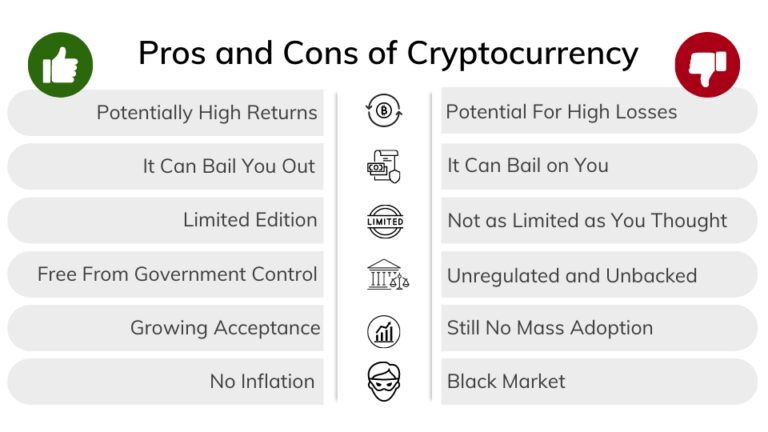
The integration of NFTs into the world of literature is not a mere trend that will fade away over time. Instead, it is a transformative shift that will reshape the literary landscape in the foreseeable future. Already, we are seeing an upswing in interest from authors, publishers, and readers. Now, let’s dive deeper into the future projections of the tokenized literary world.
The rapid technological progress in blockchain technology and the rise in the recognition of NFTs will undeniably influence the evolution of NFTs in literature. Predicting the exact path is a challenge, given that the intersection of blockchain and literature is still a burgeoning field. However, a review of insights from notable experts in NFT Future Forecast by Experts offers a glimpse into what to expect.
Firstly, we can expect to see a higher number of authors and publishers leveraging NFTs to monetize their works directly. Secondly, there is likely to be an expansion of platforms dedicated to tokenizing literary works. Thirdly, we may see the rise of community-owned literary works, where readers can own a part of their favorite books or poems and participate actively in their dissemination and promotion. Finally, NFT-based literary works may gain more prominence in educational institutions, serving as a practical application of this revolutionary technology.
The ripple effects of NFTs in the literary field will undeniably impact traditional publishing, too. Major players in the industry such as 22bet, Megapari, and Fortunejack foresee a few potential changes.
One prediction is the democratization of the publishing process. NFTs could level the field by providing authors with more control over their work, thereby challenging the traditional gatekeeping role of publishing houses. In this scenario, authors would have direct access to their readership, cutting out middlemen and, as a result, retaining a more significant portion of their earnings.
Additionally, the scarcity factor tied to NFTs could redefine the value of first edition books. By tokenizing first editions, publishers can create a higher perceived value for these items, which could translate into an additional revenue stream. This could breathe new life into the somewhat declining interest in physical books in the digital era.
However, it’s essential to note that these predictions, while optimistic, will not materialize overnight. As with any disruptive technology, the integration of NFTs into literature will face challenges that need to be addressed. However, the potential benefits and transformative power of this blend of technology and creativity signify an exciting future for the world of literature.

